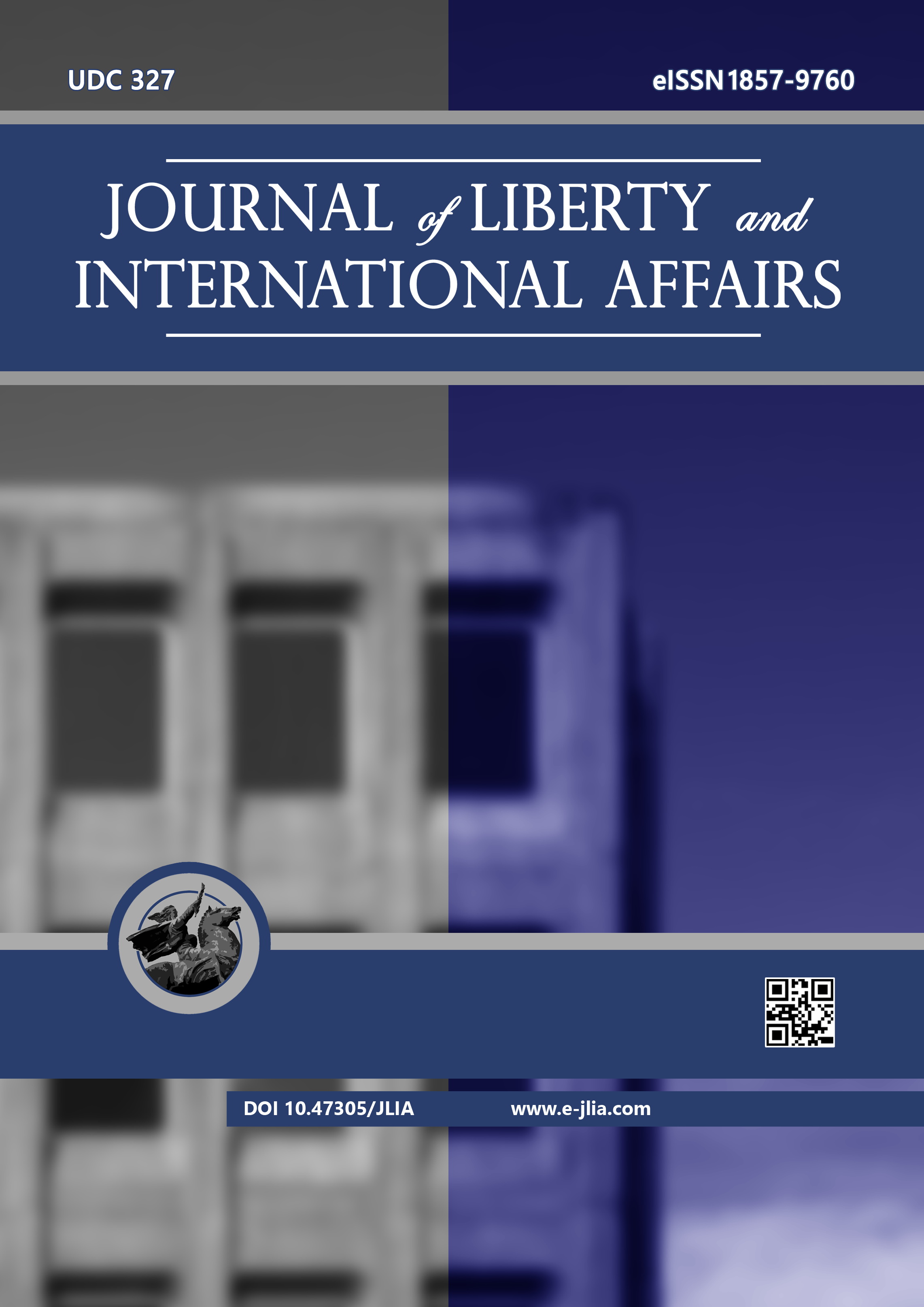RADICAL ISLAMISM: TRAJECTORIES OF HUMAN RIGHTS VIOLATIONS AND ABUSES IN AFRICA
RADICAL ISLAMISM: TRAJECTORIES OF HUMAN RIGHTS VIOLATIONS AND ABUSES IN AFRICA
Author(s): Peter O. O. Ottuh, Felix O. ErhaborSubject(s): Politics / Political Sciences, Politics, Law, Constitution, Jurisprudence, History of Law, Constitutional Law, International Law, Human Rights and Humanitarian Law, Law and Transitional Justice, Political Theory, Political Sciences, Civil Society, Governance, Public Administration, Public Law, Government/Political systems, International relations/trade, Security and defense, Military policy, Welfare systems, Developing nations, Political behavior, Political economy, Political psychology, Politics and law, Politics and communication, Politics and religion, Politics and society, Methodology and research technology, Comparative politics, Inter-Ethnic Relations, Philosophy of Law, Sociology of Law, Geopolitics, Politics of History/Memory, Politics and Identity, Corruption - Transparency - Anti-Corruption, Peace and Conflict Studies, Sharia Law, Asylum, Refugees, Migration as Policy-fields
Published by: Institute for Research and European Studies - Bitola
Keywords: Radical Islamism; Trajectories; Africa; Human Rights Abuses; Violations
Summary/Abstract: In Africa, radical and extremist Muslims are striving to transform society through violent change, claiming that African rulers are dictatorial and anti-Islamic; as a result, many African countries are experiencing serious human rights violations and abuses. Therefore, this paper examined radical Islamism and its trajectories of human rights violations and abuses in Africa and proffered workable solutions to the dilemma. To achieve the above aim, the paper employed historical and evaluative methods. The historical method was used to critically review the scholarly literature on radical Islamism and its human rights violations and abuses antecedents in Africa. At the evaluative level, the paper critically discussed the impact of human rights violations and abuses on the African nations and their citizens. The paper revealed that radical Islamism in Africa is driven by bad political leadership, poverty, poor education, unemployment, and religious exclusivism among others. The paper concluded that good governance, economic enhancement, and religious inclusiveness are key tools in discouraging and curbing radical Islamists in African countries.
Journal: Journal of Liberty and International Affairs
- Issue Year: 8/2022
- Issue No: 1
- Page Range: 243-264
- Page Count: 22
- Language: English

